


Romandolide (Sciolide) is a synthetic musk fragrance compound known for its soft, fruity, clean, powdery, and sensual scent profile. It is often used in fine fragrances, personal care products, and detergents due to its long-lasting and skin-like musk character. Compared to traditional musk ingredients, Romandolide exhibits a subtle, modern musk tone with a slight lactonic sweetness, making it highly versatile in perfumery.
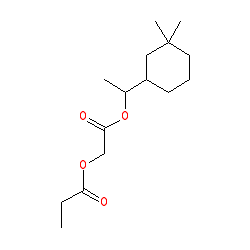

Romandolide (Sciolide) is a synthetic musk fragrance compound known for its soft, fruity, clean, powdery, and sensual scent profile. It is often used in fine fragrances, personal care products, and detergents due to its long-lasting and skin-like musk character. Compared to traditional musk ingredients, Romandolide exhibits a subtle, modern musk tone with a slight lactonic sweetness, making it highly versatile in perfumery.

.3d8f8f41.svg)
Flavors & Fragrances
.3556d45a.svg)

Fragrance Ingredients


Musk Fragrance
Included in Quote
Included in Quote
Included in Quote
Included in Quote
.7767eb0f.png)

Chemical Properties & Specifications
Employed as a musk fragrance in perfumes, colognes, and other scented products.
Used in lotions, creams, and personal care items for its pleasant scent.
Serves as an intermediate in the synthesis of pharmaceutical compounds.
Synthetic musk fragrances are man-made compounds designed to replicate the scent of natural musk. They are widely used in perfumes, cosmetics, and personal care products due to their long-lasting and pleasant aroma.
The safety of synthetic musks has been evaluated by various regulatory bodies. While many are considered safe for use in consumer products, some have raised environmental and health concerns. It's essential to refer to specific safety data and regulatory guidelines for each compound
Compounds like Sciolide are incorporated into perfumes, lotions, and other personal care items to provide a musk-like scent. They are valued for their stability and ability to enhance the longevity of fragrances.
Some synthetic musks have been detected in the environment, leading to concerns about their persistence and potential ecological effects. Ongoing research aims to understand their environmental impact better.
While synthetic musks are generally considered safe, some individuals may experience allergic reactions or sensitivities. It's advisable for consumers with known sensitivities to review product ingredient lists and consult with healthcare professionals if necessary.
Natural musk is derived from animal sources, primarily the musk deer, and its use is restricted due to ethical and conservation concerns. Synthetic musks are laboratory-created compounds that mimic the scent of natural musk without involving animal sources.
Yes, regulatory agencies such as the U.S. Food and Drug Administration (FDA) and the European Chemicals Agency (ECHA) have guidelines and regulations concerning the use of synthetic musks in consumer products. Manufacturers must comply with these regulations to ensure product safety.
Consumers can check product labels for ingredients commonly associated with synthetic musks, such as galaxolide, tonalide, or specific chemical names like Sciolide. Familiarity with these terms can help consumers make informed choices.
Yes, alternatives include plant-based musks and other natural aromatic compounds. However, these may differ in scent profile and longevity compared to synthetic musks.
If an adverse reaction occurs, discontinue use immediately and consult a healthcare professional. It's also helpful to report the reaction to the product manufacturer and relevant regulatory authorities to assist in monitoring product safety.
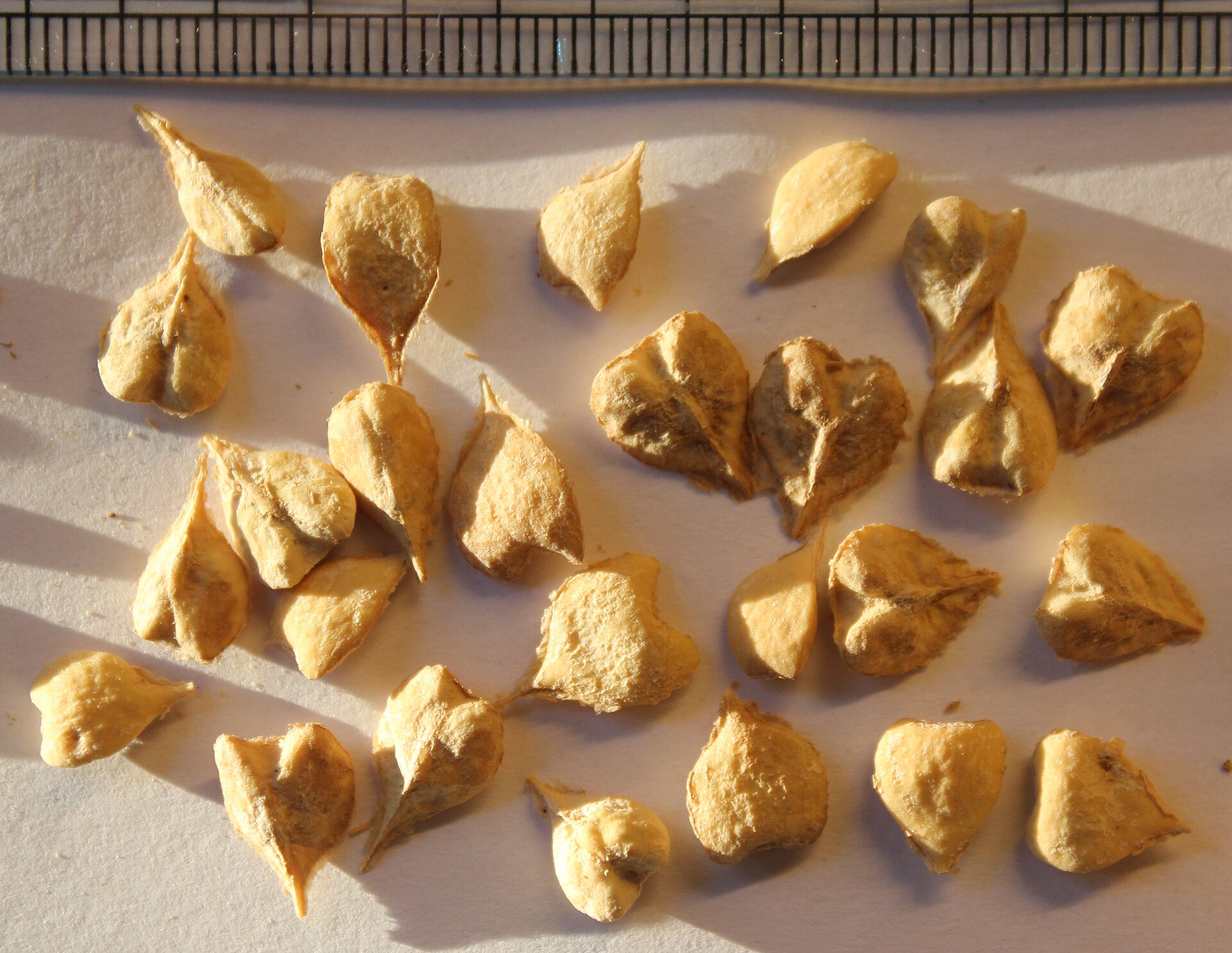
CAS No. : 97952-72-2
Category : Nutraceutical Ingredients
Sub-Category : Herbal Extracts
Description: Boswellia Serrata Extract standardized to 65% boswellic acids is a potent anti-inflammatory herbal e...
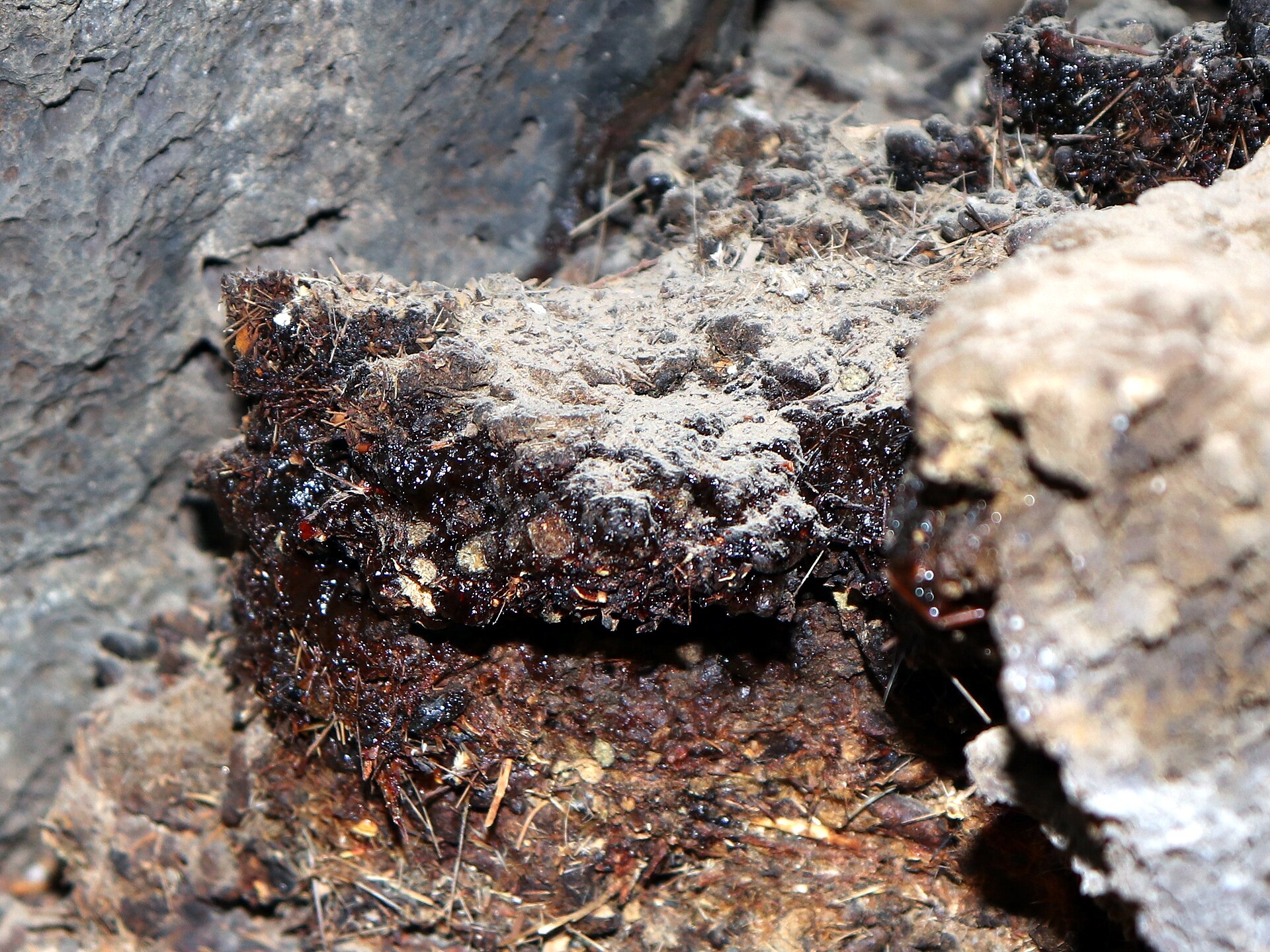
CAS No. : 13185-33-4
Category : Nutraceutical Ingredients
Sub-Category : Mineral Extracts
Description: Shuddha Shilajit is a purified and concentrated dry extract derived from natural exudates found in h...
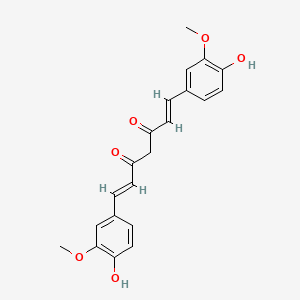
CAS No. : 458-37-7
Category : Nutraceutical Ingredients
Sub-Category : Plant Extracts
Description: Curcumin 95% is a standardized turmeric extract derived from the rhizomes of Curcuma longa, enriched...
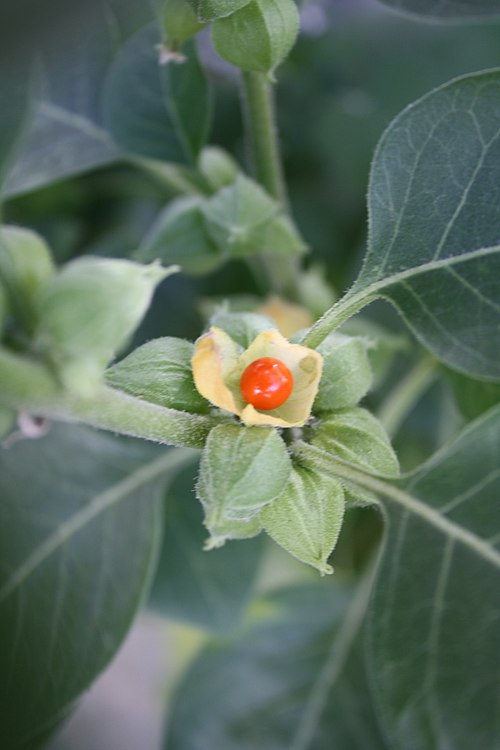
CAS No. : 90147-43-6
Category : Nutraceutical Ingredients
Sub-Category : Herbal Extracts
Description: Ashwagandha Extract standardized to 5.0% withanolides is a high-strength adaptogen sourced from the ...
